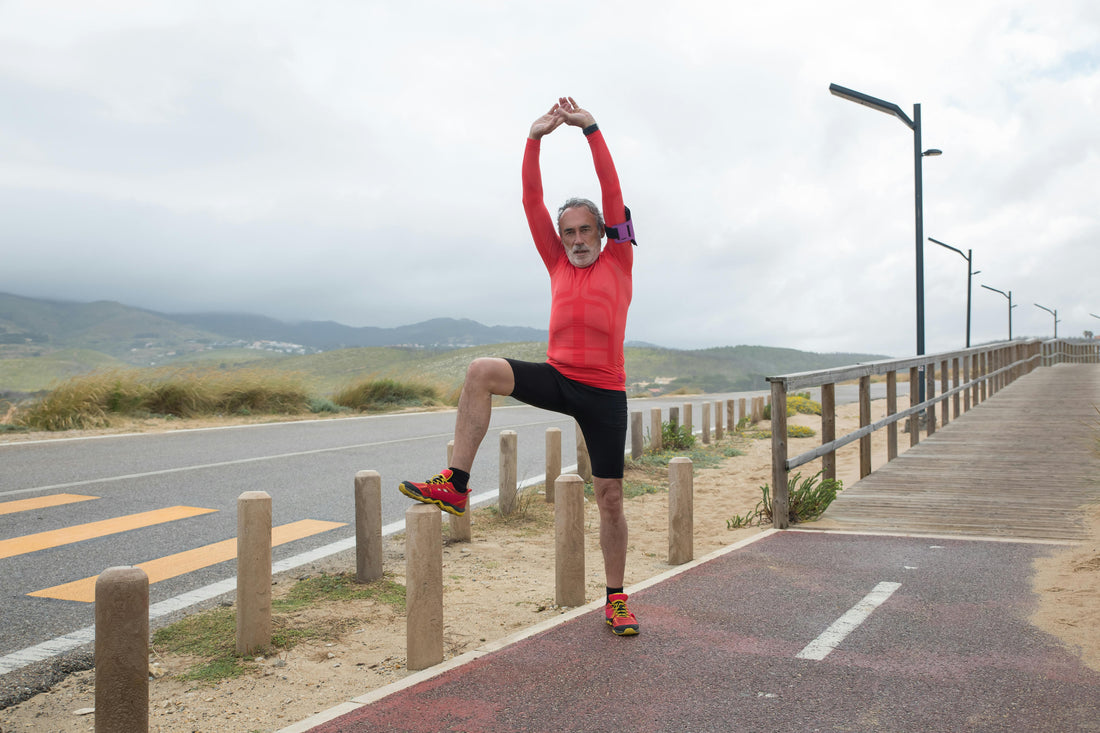
Grounding and Bone Health: A Natural Approach to Supporting Osteoporosis Prevention
Share
Osteoporosis, a condition characterized by weakened bones and an increased risk of fractures, affects millions worldwide. Traditional preventive measures include weight-bearing exercises, adequate calcium and vitamin D intake, and lifestyle modifications. Emerging evidence suggests that grounding, also known as earthing, may offer additional benefits for bone health.
Understanding Grounding
Grounding involves direct physical contact with the Earth's surface, allowing the body to absorb natural electrical charges. This practice has been associated with reduced inflammation, improved sleep, and enhanced overall well-being.
Grounding and Bone Health
Research indicates that grounding may influence bone density. Studies utilizing pulsed electromagnetic fields (PEMF) at frequencies between 8 to 12 Hz have shown potential in preventing bone loss and promoting bone formation. Given that the Earth's natural frequency is approximately 7.83 Hz, grounding might offer similar benefits.
Combining Grounding with Weight-Bearing Activities
Engaging in weight-bearing exercises, such as walking or strength training, is known to stimulate bone formation. Combining these activities with grounding—like walking barefoot outdoors—could amplify the benefits. The added pressure on bones during such activities encourages the development of osteoblasts, cells responsible for bone formation.
Practical Steps
To incorporate grounding into your routine:
Barefoot Walking: Spend time walking barefoot on natural surfaces like grass, sand, or soil to connect with the Earth's energy.
Outdoor Exercise: Perform weight-bearing exercises outdoors without footwear to combine the benefits of physical activity and grounding.
Grounding Products: In situations where outdoor grounding isn't feasible, consider using grounding mats or footwear designed to simulate direct contact with the Earth.
Conclusion
While more research is needed to fully understand the relationship between grounding and bone health, integrating grounding practices with traditional bone-strengthening activities may offer a holistic approach to preventing and managing osteoporosis.
